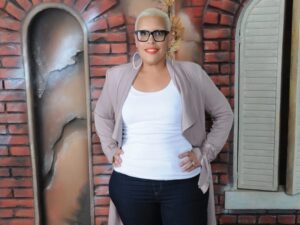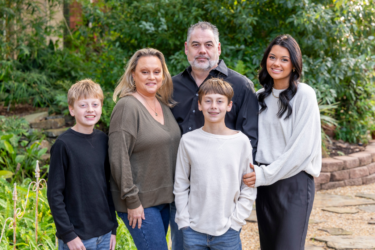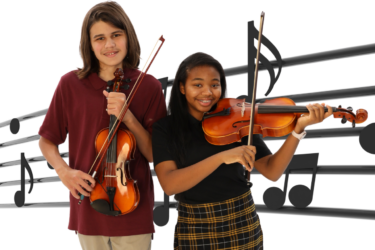Growing up in Arnaudville, Louisiana, Twahna P. Harris always knew who she was. “I was never one who cared what people thought of me because I had my own identity,” she says. “I knew what I wanted to be in life, and I was driven.”
That all changed when, as a 21-year-old college student, Harris found herself in a domestic abuse relationship.
“I didn’t run to domestic violence, I woke up in it,” she says. “I would have never thought, and there it was one day, a slap across the face. And I was in total disbelief.” That slap led to mental, emotional and sexual abuse.
Domestic violence, or intimate partner violence, is a pattern of abusive behavior in any relationship used by one partner to gain or maintain power or control over the other.
“I didn’t actually know what it was,” she says. “I didn’t trust anyone because I didn’t want to be judged.” However, she was able to share what she was going through with a cousin and eventually leave the abusive relationship.
“I had a great support system, but not everyone is fortunate to have this,” Harris says. “I knew that I had a purpose for being here. I just lost what that purpose was because I was in such a dark place in my life.” Harris says she felt like she lost her purpose for three years. “I was determined to go and find it again,” she says. “And I found it.”
In 2014, Harris channeled her experience to help others and founded The Butterfly Society, a volunteer-based, grassroots nonprofit dedicated to ending domestic violence in the Baton Rouge area.
“I just knew that I had to give back. It was my duty to do whatever I could to help that next person to get through that,” says Harris, who serves as the society’s executive director and is legislative assistant for East Baton Rouge Metro Council member LaMont Cole.
Harris has been married for 16 years and has a 13-year-old son. “They are such big cheerleaders of mine,” she says. “I have a very strong support system.” The Butterfly Society team is part of that support system with its volunteer board of directors.
Using her story of domestic violence to help others “came together so well, perfectly like a puzzle. The pieces fit perfectly together,” she says.
Domestic violence has long been seen as a private matter, one you discuss around the kitchen table. Harris and the Butterfly Society are working to change that, bringing the conversation to the community through events at churches, barber shops and schools. “We’re meeting people where they are, because where they are is where they’re hurting,” Harris says.
“Domestic violence is not a very easy issue to discuss,” she says. “It’s happening and it’s closer than you know.” Harris encourages victims to “know that you’re not alone. If you’re going through it, tell someone. There’s someone out there that will listen. They will be your voice when you can’t speak for yourself.”
The Butterfly Society provides resources and referrals to other services to help victims and families affected by domestic violence. Visit thebutterflysociety.org. ■





